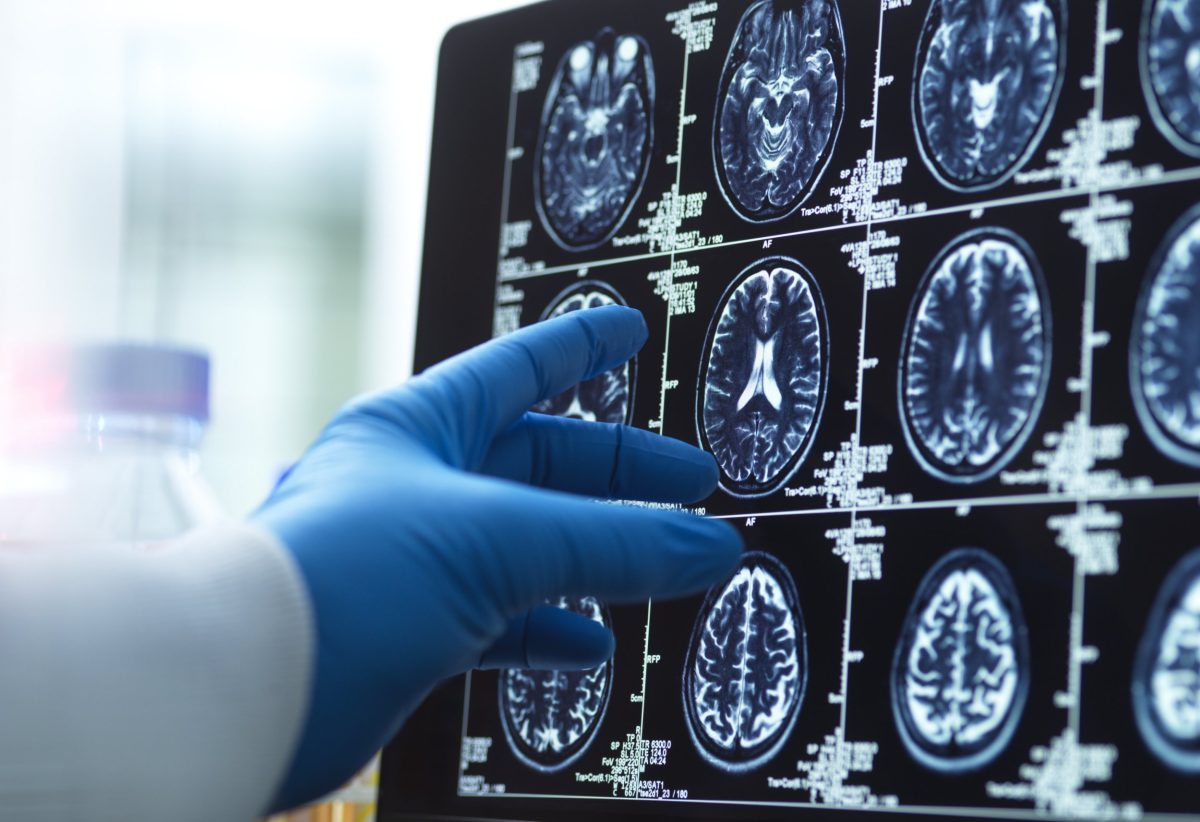Science
Blood Tests for Alzheimer’s: Promising Breakthroughs and Concerns

The introduction of blood tests that can detect early signs of Alzheimer’s disease is generating both excitement and concern within the medical community. Currently being trialed in the UK, these tests aim to improve the often challenging process of diagnosing dementia, which can be difficult due to the various forms of the disease and the commonality of mild memory loss as people age.
The blood test specifically measures levels of the protein p-tau217. According to research conducted by a team at University College London (UCL), this test has the potential to provide a quicker and less invasive method for identifying Alzheimer’s compared to traditional approaches, such as brain scans and spinal fluid tests. The NHS is currently recruiting approximately 1,100 British patients through memory clinics to assess the effectiveness of this new diagnostic tool, with results expected by 2028.
Potential Benefits and Risks
Proponents, including Sheona Scales, head of research at Alzheimer’s Research UK, believe that these blood tests could be a game changer for early diagnosis. “Getting an early and accurate diagnosis gives people the answers they need to unlock support and care,” she stated. This could allow patients to access medications that may alleviate memory issues and help families prepare for the future.
Despite these potential benefits, the tests also raise significant concerns. Professor Rob Howard, a dementia expert at UCL, emphasized that the proteins indicating Alzheimer’s can accumulate over decades, often appearing long before symptoms manifest. “People have the pathology in their brain sometimes 20 years before they get any symptoms of dementia,” he explained. This means individuals could receive a positive diagnosis, potentially leading to anxiety and distress without any immediate benefit to their health.
Furthermore, while the test may be beneficial for those already showing signs of cognitive impairment, its use in the general public could lead to unnecessary worry. Neurologists, including Professor Jonathan Schott, caution against widespread testing for individuals without symptoms, noting that this could exacerbate normal memory lapses associated with aging.
Looking Ahead
As research progresses, the implications of these blood tests extend beyond diagnosis; they could reshape how Alzheimer’s is managed within healthcare systems. Currently, only about 2% of patients diagnosed with Alzheimer’s have access to the more invasive diagnostic tools that provide definitive results. If proven effective, the blood test could become a standard part of assessments for individuals with memory concerns.
The tests are already available in the United States, but the UK has yet to make them widely accessible. Experts are urging caution, advising that individuals pursue testing only under the guidance of healthcare professionals and only if they are experiencing symptoms. “This has been roundly discouraged and condemned by all experts,” Professor Schott reiterated.
The ongoing trials and studies will ultimately determine whether these blood tests can be integrated into routine practice within the NHS. As research continues, the medical community remains hopeful yet cautious, recognizing the delicate balance between early intervention and the psychological impact of a diagnosis.
-

 Health3 months ago
Health3 months agoNeurologist Warns Excessive Use of Supplements Can Harm Brain
-

 Health3 months ago
Health3 months agoFiona Phillips’ Husband Shares Heartfelt Update on Her Alzheimer’s Journey
-

 Science2 months ago
Science2 months agoBrian Cox Addresses Claims of Alien Probe in 3I/ATLAS Discovery
-

 Science2 months ago
Science2 months agoNASA Investigates Unusual Comet 3I/ATLAS; New Findings Emerge
-

 Science1 month ago
Science1 month agoScientists Examine 3I/ATLAS: Alien Artifact or Cosmic Oddity?
-

 Entertainment5 months ago
Entertainment5 months agoKerry Katona Discusses Future Baby Plans and Brian McFadden’s Wedding
-

 Science1 month ago
Science1 month agoNASA Investigates Speedy Object 3I/ATLAS, Sparking Speculation
-

 Entertainment4 months ago
Entertainment4 months agoEmmerdale Faces Tension as Dylan and April’s Lives Hang in the Balance
-

 World3 months ago
World3 months agoCole Palmer’s Cryptic Message to Kobbie Mainoo Following Loan Talks
-

 Science1 month ago
Science1 month agoNASA Scientists Explore Origins of 3I/ATLAS, a Fast-Moving Visitor
-

 Entertainment2 months ago
Entertainment2 months agoLewis Cope Addresses Accusations of Dance Training Advantage
-

 Entertainment3 months ago
Entertainment3 months agoMajor Cast Changes at Coronation Street: Exits and Returns in 2025









